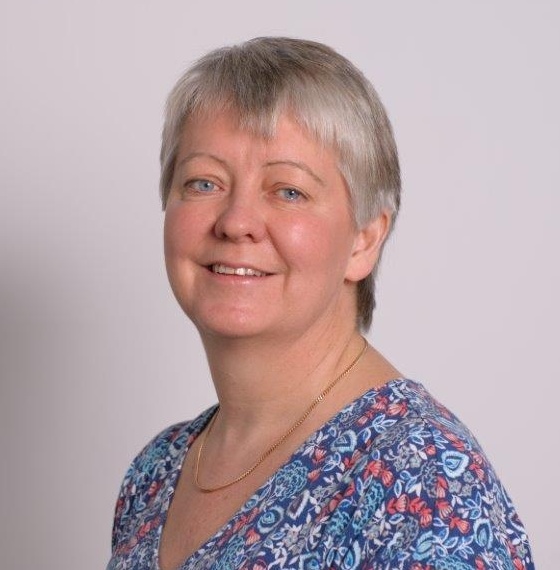My research interests focus on (i) Understanding the fundamental mechanisms associated with toxicity of aggregated proteins in neurodegenerative disorders such as Parkinson’s disease and Motor Neurone Disease. Current research is focused on TDP43, FUS, alpha-synuclein and beta-synuclein (ii) Characterising the proteins and mechanisms involved in the recombination of homologous DNA molecules and (iii) Exploiting the use of monoclonal antibodies generated against recombinant human proteins to localise trypanosome proteins.
Current projects in my laboratory include:
Investigation of the utility of TDP43 and FUS as biomarkers of amyotrophic lateral sclerosis (ALS) and fronto-temporal lobar degeneration (FTLD) (funded by the Sir John Fisher foundation)
Characterisation of monoclonal antibodies raised against TDP43
Characterisation of the Caenharabditis elegans homolog of the C9ORF72 protein (implicated in ALS and FTLD)
Protein aggregation is a hallmark of many neurodegenerative disorders including Alzheimer’s Disease (AD), Huntington’s Disease (HD), Parkinson’s Disease (PD) and Motor Neurone Disease (MND). Each of these diseases is characterised by abnormal aggregation of one or more specific proteins. Typically familial forms of these diseases are associated with mutations in the gene encoding the protein with propensity to aggregate. For example familial forms of motor neurone disease may be associated with mutations in the genes encoding TDP-43 or FUS proteins, which aggregate abnormally in MND patients. Our work is currently focused on the a-synuclein protein (associated with PD), b-synuclein (associated with Dementia with Lewy Bodies, DLB) and the TDP43 and FUS proteins (associated with MND). Our work focuses on expressing in E. coli and purifying ‘normal’ wild type and ‘mutant’ disease associated forms of these proteins and characterising their aggregation propensities. We have raised antibodies to recombinant proteins and are currently characterising their specificities with a view to developing further biomarker assays.
Homologous recombination has an important role in facilitating cell survival following damage to DNA; defects in recombination repair mechanisms can lead to genomic instability and initiation of carcinogenesis. Our studies of homologous recombination focus on characterising recombination proteins from bacteria, flies, parasites and humans expressed in E. coli and purified by column chromatography. Our aim is to understand protein interactions required in different organisms to mediate recombination reactions. Activities of proteins consistent with a role in homologous recombination are assayed using a variety of techniques. This includes electrophoretic assays for DNA binding and strand exchange, thin layer chromatography assays for ATPase activity, and visualisation of protein-DNA complexes by transmission electron microscopy. In addition we are characterising interaction between recombination proteins by yeast two-hybrid, co-immunoprecipitation and bead-based assays.
Currently I am Director of Studies for the IBMS accredited BSc (Hons) Biomedical Science degree, and for the 2nd and 3rd years of the BSc/MSci Biomedicine programmes.
I convene and teach on the following modules:
BIOL253 Genetics: Lectures and practicals on fundamental principles of DNA metabolism including DNA structure, replication reombination and repair. Lectures on gene functionand cancer genetics. Workshops on laboratory calculations and human genetic diseases.
BIOL281 Clinical Biochemistry - practicals on analytical methods in clinical biochemistry
BIOL282 Cellular Pathology
BIOL311 Genetics - practicals on recombinant protein expression and purification, lectures on diseases associated with defective DNA repair processes.
BIOL312 Medical Genetics - practicals on forensic DNA profiling, workshops on inherited human disorders, lectures on repeat expansion disorders
BIOL386 and BIOL387 project module convener
Materials generated during research have been licensed to leading life science technology companies Sigma-Aldrich and Merck-Millipore.
Plasmids expressing wild type, and disease associated mutant derivatives of alpha-synuclein were originally licensed to Sigma-Aldrich in 2005, which led to the award of the Lancaster University Commercialisation prize in 2006.
Additional plasmids expressing beta-synuclein were added to the portfolio in 2008.
A monoclonal antibody, DB9, raised to the C-terminal half of TDP43 was licensed to Merck-Millipore in 2013
